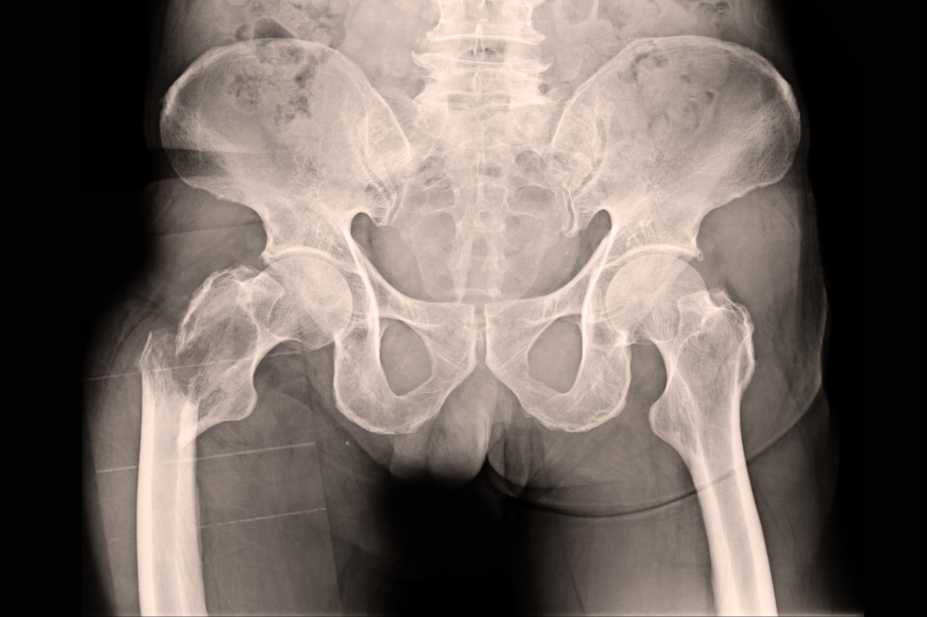
Shutterstock.com
Vitamin D supplements for adults do not prevent fractures, falls or improve bone mineral density, according to authors of the biggest review of evidence to date who urged a change to current clinical guidelines as a result.
The meta-analysis of 81 randomised trials, published in The Lancet Diabetes and Endocrinology (online, 4 October 2018), also found no differences in the effects of higher versus lower doses of vitamin D.
The authors concluded that there was little justification to use vitamin D supplements to maintain or improve musculoskeletal health. The exception was to prevent rare conditions such as rickets and osteomalacia in high-risk groups, which can occur owing to vitamin D deficiency after a prolonged lack of exposure to sunshine.
Vitamin D supplements have traditionally been recommended for older people to treat or prevent osteoporosis, after early evidence suggested benefits for bone health. The Department of Health and Social Care currently recommends that everyone should consider taking a vitamin D supplement during the winter months, based on advice from the Scientific Advisory Committee on Nutrition given in 2016.
The authors said clinical guidelines that continue to recommend vitamin D supplementation for bone health should be changed to reflect the best available evidence.
Lead author Mark J Bolland from the University of Auckland, New Zealand, said that since the last major review of evidence in 2014, more than 30 randomised controlled trials on vitamin D and bone health had been published, “nearly doubling the evidence base available”.
In the study, the authors pooled data from 81 randomised controlled trials and found there was reliable evidence that vitamin D does not reduce total fractures, hip fractures or falls by 15% — a clinically meaningful threshold.
“Our meta-analysis finds that vitamin D does not prevent fractures, falls or improve bone mineral density, whether at high or low dose. Clinical guidelines should be changed to reflect these findings,” said Bolland.
“On the strength of existing evidence, we believe there is little justification for more trials of vitamin D supplements looking at musculoskeletal outcomes.”


